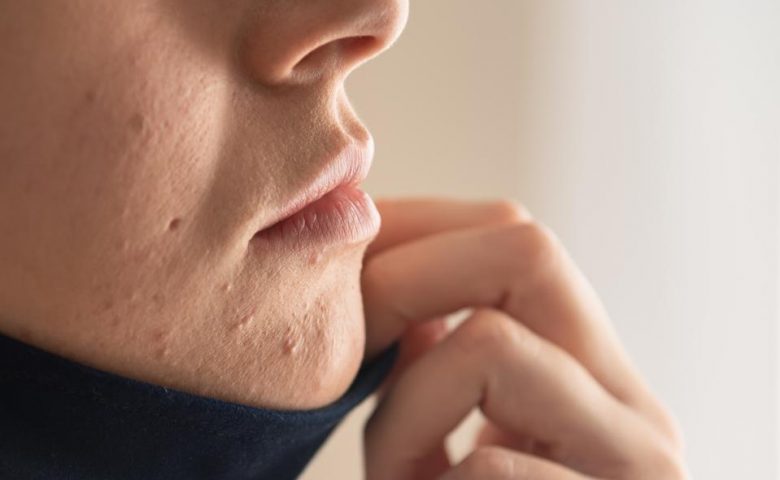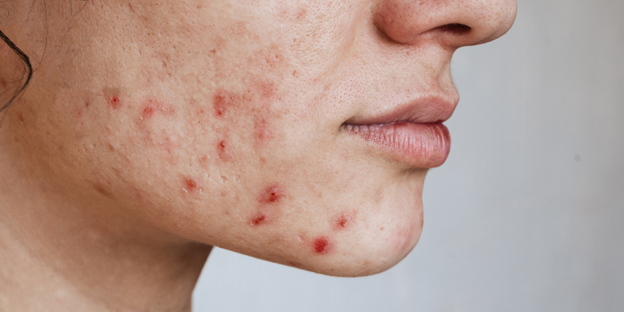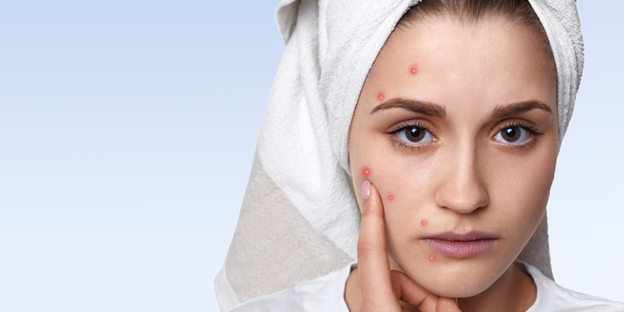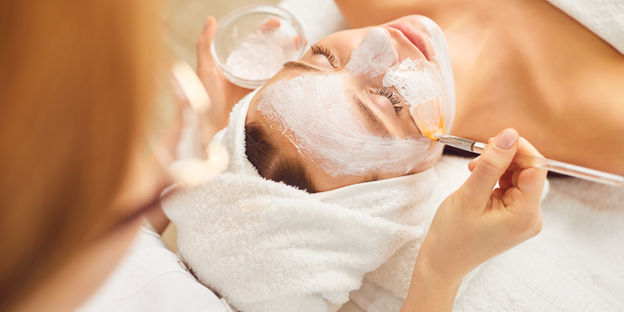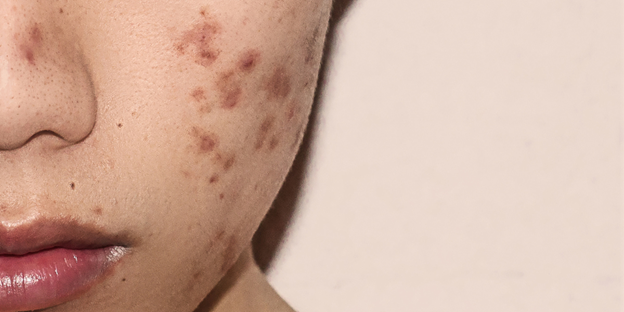Let’s talk about lockdown skin issues. We have found that a lot of us are experiencing a host of skin afflictions in quarantine. You would think that staying at home would help your skin detox, but even though most people are going makeup-free, we’re experiencing a lot of breakouts, eczema flareups, dull complexions, and/or dry skin. So, why is this happening?
1. Less exposure to Vitamin D
The problem:
The sun has a bad reputation when it comes to skincare, and we all slather on layers of SPF in order to protect ourselves from its harmful rays.
This is absolutely a practice that you should be following, but we have to give sunlight a bit of credit.
Our skin needs our daily dose of vitamin D (which the sun so generously provides) to repair and rebuild our skin. Since we’re all inside more than normal, our skin is taking a toll.
The solution:
Try to get some fresh air outside whenever possible (while still practicing social distancing!).
This can mean taking a walk outside, getting some gardening done, or even just standing out on your balcony for a few minutes.
Eating right can also help. As long as you’re eating a variety of fruits and vegetables and maintaining a well-balanced diet, your vitamin D levels should stay within normal limits.
2. Dry Indoor Air
The problem:
There are many reasons why your skin could be dry right now.
For one, you’re probably washing your hands and face more frequently, which can suck out moisture and disrupt the skin barrier.
Your house air is also much drier than the humid climate outdoors, especially if you’re blasting the A/C. Cue a whole lot of dry skin.
The solution:
For starters, invest in a good humidifier to hike up the moisture levels in your house.
Just as your skin is changing, your skincare regimen must change as well to target your new skin concerns.
No matter what your skin type (even if you’re oily!), good skincare is key—transition to thicker serums and moisturizers containing antioxidants and hyaluronic acid.
3. Lack of and/or inconsistent sleeping schedule
The problem:
They call it beauty sleep for a reason.
Sleep is when your skin produces most of its collagen and generates the replacement of dead skin cells, which is why your skin looks more youthful and glowy in the morning.
More sleep also lowers the levels of the stress hormone cortisol.
Without a consistent, proper sleep schedule, you’re depriving your skin of its regenerating cycle, which can mess with your skin’s pH levels, spark breakouts, and delete your natural glow.
The solution:
Just because your daily schedule has changed doesn’t mean that it can’t have order.
Try implementing a new normal that mimics your usual routine, like waking up at a set time and getting ready for the day even if you aren’t going anywhere.
This will make it easier to head to bed when you should—remember, seven to nine hours of sleep is the goal!
4. High stress
The problem:
It’s only natural for your stress levels to go haywire during a global pandemic.
Increased levels of cortisol, the stress hormone, is largely to blame for your rampant breakouts.
Not only does it stimulate your sebaceous glands to overproduce more oil (leading to acne), “it can also trigger an inflammatory cascade in the body, leading to excess inflammation in many skin types, particularly skin susceptible to eczema or seborrheic dermatitis.
Your body will also experience a decreased rate of skin cell turnover, leading to a buildup of dead skin that results in a dull complexion.
The solution:
I know—reducing stress is easier said than done.
Try meditation apps, yoga, or even just listening to music to quell your mind.
In order to treat stress acne and skin issues, Dr. Alina suggest our Dermalene Acne & Oily Skin Set salicylic acid to remove any excess oils, dirt, and dead skin cells.
For more information do not hesistate to contact us via WhatsApp at
+60 11-2387 7076
